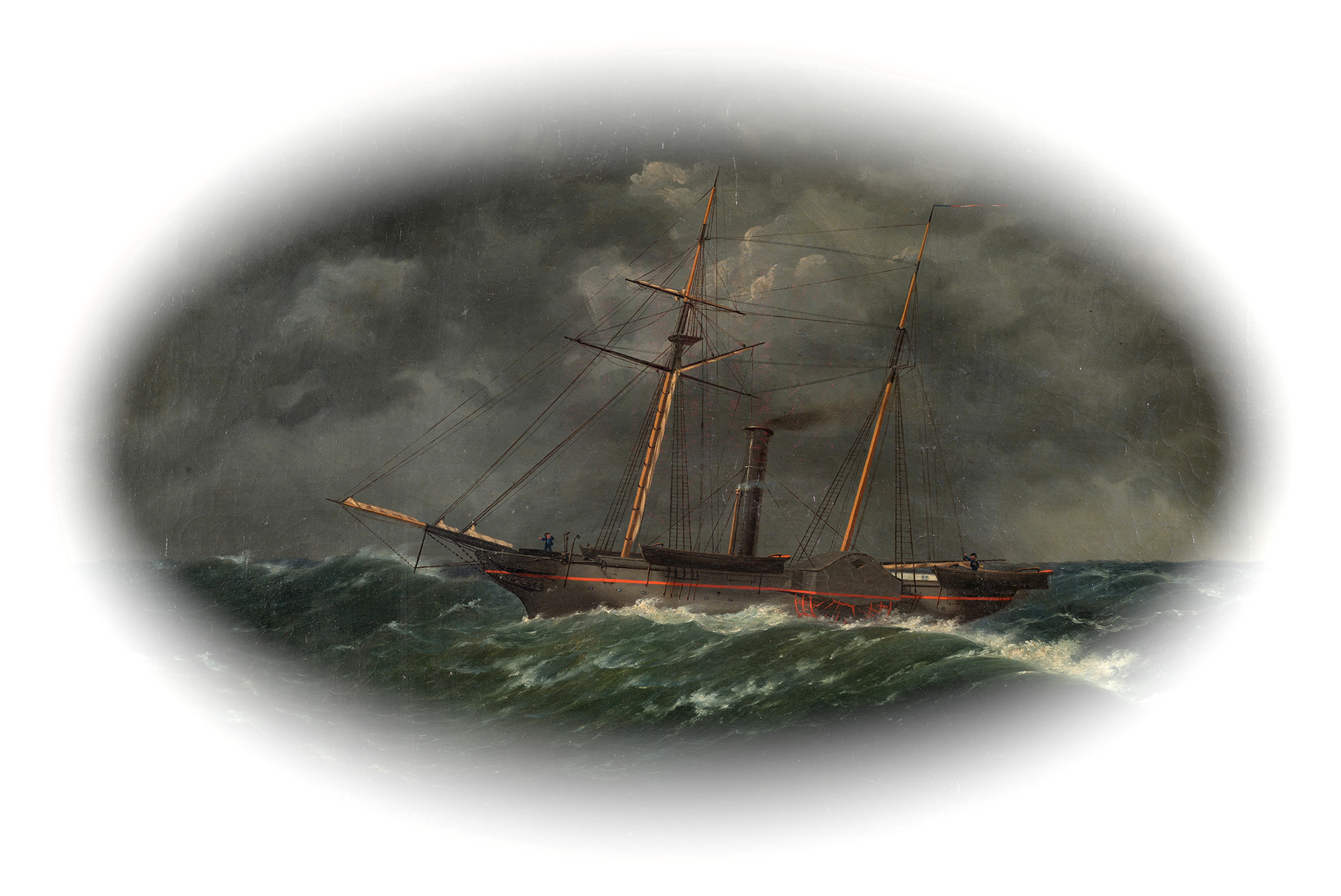
Community Archeology is unique partnership with New Jersey wreck divers taking a proactive interest in the maritime history in their locale by working as cohorts with local academia and the National Oceanic and Atmospheric Administration’s (NOAA) Office of National Marine Sanctuaries’ Maritime Heritage Program to research, identify, survey, map and conserve a historic shipwreck and its maritime heritage. The Robert J. Walker is an iron hulled, paddle-wheel steamship that was in service for the US Coast Survey, the predecessor agency to the NOAA Office of Coast Survey, before it was lost with 20 men after a collision at sea off Atlantic City, NJ in 1860. The wreck was positively identified in 2013 by NOAA and subsequently placed on the National Register of Historic Places. Conserving and mapping the shipwreck and dispelling previously possessive views about wreck diving access meant developing a consortium of private groups to undertake the archaeological site work as a cooperative operation between governmental, sport divers and academic institutions to preserve our national maritime heritage. This consortium included several local corporate and private sponsors, local divers represented by the New Jersey Historical Divers Association (NJHDA), Stockton University’s Marine Field Station and Black Laser Learning, a marine survey and education company.